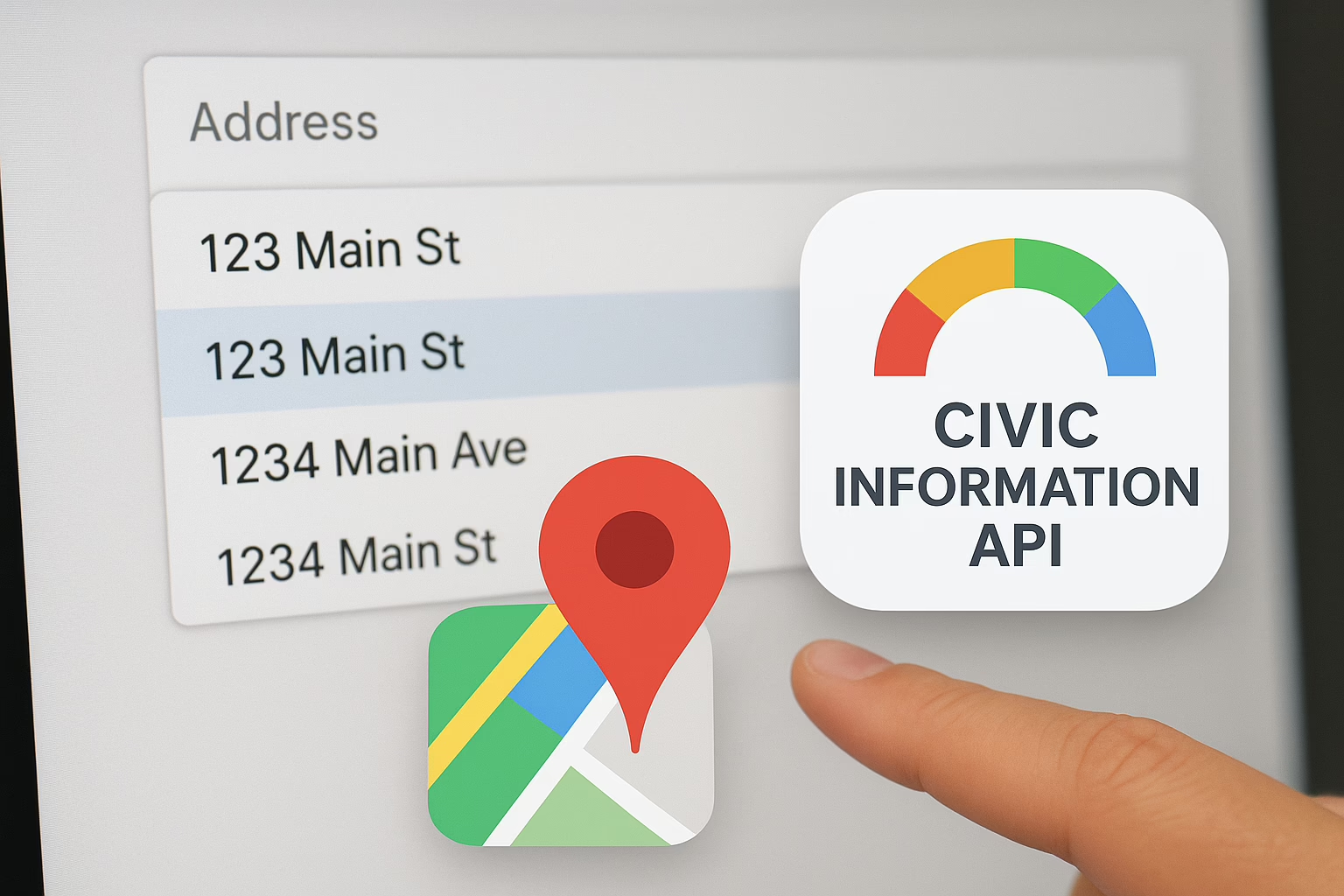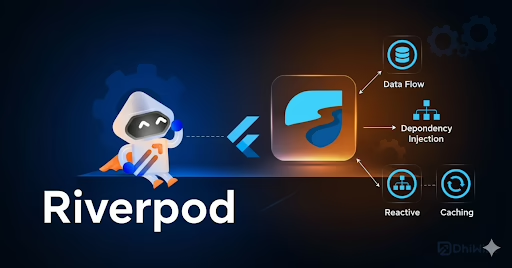Flutter development has evolved significantly since its inception, becoming one of the most popular cross-platform frameworks for building beautiful, natively compiled applications from a single codebase. This documentation covers the latest features and best practices as of May 2025, focusing on Flutter 4.0 and Dart 3.5.
At Sreyas IT Solutions, we’ve been at the forefront of mobile app development for over a decade, delivering robust Flutter developed applications across industries including healthcare, transportation, education, and e-commerce. With deep expertise in Flutter, Dart, and Firebase, our team has consistently developed high-performance, scalable mobile solutions that meet global client needs. Our portfolio includes feature-rich apps with real-time capabilities, seamless third-party integrations, advanced animations, and strong backend systems using Laravel, Node.js, and more. This guide reflects the real-world experience and insights we’ve gathered through hands-on development and deployment of production-ready Flutter applications.
Getting Started
To install the latest Flutter SDK:
bash
dart pub global activate flutter_cli
flutter_cli upgrade --channel stableVerify your installation:
bash
flutter doctor -v
Flutter 4.0 Features
Flutter 4.0 introduces several groundbreaking features that enhance development experience and application performance.
Adaptive Layouts API
Flutter 4.0 includes a new Adaptive Layouts API that simplifies creating responsive UIs across different screen sizes and orientations:
AdaptiveLayout(
smallLayout: (context) => SmallScreenLayout(),
mediumLayout: (context) => MediumScreenLayout(),
largeLayout: (context) => LargeScreenLayout(),
breakpoints: const AdaptiveBreakpoints(
small: 600,
medium: 1200,
),
)Improved Shader Compilation
The new shader warming API reduces jank during first run:
await Flutter.precacheShaders('assets/shaders/critical_paths.json');Enhanced Asset Management
The new AssetManager API offers better control over asset loading and caching:
final assetManager = AssetManager(); await assetManager.preload(['assets/images/hero.png']); Image(provider: assetManager.getImageProvider('assets/images/hero.png'))Material 3 (Material You)
Material 3 (Material You) is now the default design language in Flutter 4.0.
Dynamic Color Theme
Automatically generate themes based on the user’s wallpaper (Android) or system preferences:
return MaterialApp(
theme: ThemeData(
colorScheme: await DynamicColorScheme.fromDevicePreferences(),
useMaterial3: true,
),
// ...
);Widget Updates
New and improved Material 3 widgets:
// New NavigationBar (bottom)
NavigationBar(
destinations: [
NavigationDestination(icon: Icon(Icons.home), label: 'Home'),
NavigationDestination(icon: Icon(Icons.search), label: 'Search'),
NavigationDestination(icon: Icon(Icons.person), label: 'Profile'),
],
)
// New NavigationRail (side)
NavigationRail(
destinations: [
NavigationRailDestination(icon: Icon(Icons.home), label: Text('Home')),
NavigationRailDestination(icon: Icon(Icons.search), label: Text('Search')),
NavigationRailDestination(icon: Icon(Icons.person), label: Text('Profile')),
],
)Flutter Hooks & Riverpod 3.0
Flutter development with Hooks simplify stateful logic and Riverpod 3.0 offers improved state management.
Flutter Hooks
import 'package:flutter_hooks/flutter_hooks.dart';
class CounterWidget extends HookWidget {
@override
Widget build(BuildContext context) {
final count = useState(0);
final controller = useAnimationController(duration: const Duration(seconds: 1));
useEffect(() {
controller.repeat(reverse: true);
return controller.dispose;
}, [controller]);
return ElevatedButton(
onPressed: () => count.value++,
child: Text('Count: ${count.value}'),
);
}
}Riverpod 3.0
The latest version of Riverpod introduces the concept of “Families” for parameterized providers and improved caching:
// Define a provider
final counterProvider = StateNotifierProvider<CounterNotifier, int>((ref) {
return CounterNotifier();
});
// With parameters (Family)
final userProvider = FutureProvider.family<User, int>((ref, userId) async {
return await UserRepository().fetchUser(userId);
});
// Usage
class MyWidget extends ConsumerWidget {
@override
Widget build(BuildContext context, WidgetRef ref) {
final count = ref.watch(counterProvider);
final user = ref.watch(userProvider(1));
return user.when(
data: (data) => Text('${data.name}: $count'),
loading: () => CircularProgressIndicator(),
error: (e, st) => Text('Error: $e'),
);
}
}Flutter Web Improvements
Flutter 4.0 brings significant improved web performance and capabilities.
WebAssembly Support
Flutter now supports WebAssembly (Wasm) for improved performance:
bash
flutter build web --web-renderer canvaskit-wasmImproved DOM Rendering
Enhanced CanvasKit rendering for better performance on complex UIs:
dart
void main() {
runApp(
const MaterialApp(
home: MyHomePage(),
),
webConfiguration: WebConfiguration(
renderer: WebRenderer.canvasKit,
preferLowPowerMode: false,
),
);
}PWA Enhancements
Better Progressive Web App support:
yaml
# Add to web/manifest.json
{
"name": "My Flutter App",
"short_name": "Flutter App",
"start_url": ".",
"display": "standalone",
"background_color": "#0175C2",
"theme_color": "#0175C2",
"description": "A new Flutter project",
"orientation": "portrait-primary",
"prefer_related_applications": false,
"icons": [
{
"src": "icons/Icon-192.png",
"sizes": "192x192",
"type": "image/png"
},
{
"src": "icons/Icon-512.png",
"sizes": "512x512",
"type": "image/png"
}
]
}Flutter DevTools & Performance
DevTools 3.0The latest DevTools includes more powerful performance analysis tools:bashflutter pub globalactivatedevtoolsflutter devtoolsKey features:Widget inspector with improved filtering,Timeline with GPU thread visualization,Memory profiler with leak detection,Network profiler with request visualization.
Performance Optimization
Utilize the new BuildContext extensions for performance optimization:
// Check if widget is visible on screen before expensive operations
if (context.isVisible) {
// Perform expensive operation
}
// Defer work to next frame
context.deferToNextFrame(() {
// Heavy computation here
});Flutter Animation System
Animation Framework Updates
The updated animation system provides more control and better performance:
// Create an AnimationController
final controller = AnimationController(
duration: const Duration(seconds: 2),
vsync: this,
);
// Create multiple animations from one controller
final fadeAnimation = Tween<double>(begin: 0.0, end: 1.0).animate(
CurvedAnimation(
parent: controller,
curve: Interval(0.0, 0.5, curve: Curves.easeIn),
),
);
final slideAnimation = Tween<Offset>(
begin: const Offset(0, 1),
end: Offset.zero,
).animate(
CurvedAnimation(
parent: controller,
curve: Interval(0.3, 1.0, curve: Curves.easeOut),
),
);
// Use in widgets
FadeTransition(
opacity: fadeAnimation,
child: SlideTransition(
position: slideAnimation,
child: const MyWidget(),
),
)New Animation Widgets
Flutter 4.0 adds new built-in animations:
// Shimmer effect for loading states
ShimmerLoading(
isLoading: true,
child: Container(
width: double.infinity,
height: 100,
color: Colors.white,
),
)
// Enhanced Hero animations
HeroMode(
enabled: true,
transitionOnUserGestures: true,
child: Hero(
tag: 'imageHero',
flightShuttleBuilder: (
BuildContext flightContext,
Animation<double> animation,
HeroFlightDirection flightDirection,
BuildContext fromHeroContext,
BuildContext toHeroContext,
) {
return ScaleTransition(
scale: animation.drive(
Tween<double>(begin: 0.0, end: 1.0).chain(
CurveTween(curve: Curves.easeInOut),
),
),
child: toHeroContext.widget,
);
},
child: Image.asset('assets/image.png'),
),Integration Testing
Enhanced integration testing with the new flutter_test_plus package:
// Install the new package
// flutter pub add flutter_test_plus --dev
import 'package:flutter_test_plus/flutter_test_plus.dart';
void main() {
integrationTest('Complete user journey', (tester) async {
await tester.pumpApp(const MyApp());
// Navigate through screens
await tester.tapAndSettle(find.text('Login'));
await tester.enterText(find.byKey(const Key('email')), '[email protected]');
await tester.enterText(find.byKey(const Key('password')), 'password');
await tester.tapAndSettle(find.text('Submit'));
// Verify navigation
expect(find.text('Dashboard'), findsOneWidget);
// Test app reset
await tester.resetApp();
expect(find.text('Login'), findsOneWidget);
});
}Performance Tips
- Widget Keys: Use constant keys for stateful widgets to preserve state:
ListView.builder(
itemBuilder: (context, index) => MyWidget(key:
ValueKey(items[index].id)),
) - const Constructors: Use const constructors whenever possible:
const MyWidget(
title: 'Title',
description: 'Description',
) - Isolates for Computation: Move heavy computations to isolates:
final result = await compute(heavyComputation, inputData); - Caching: Use caching for expensive operations:
final cachedResult = await ref.watch(cachingProvider(key)); - BuildContext Extensions: Use the new extension methods:
// Check if widget is currently visible
if (context.isVisible) {
// Perform expensive operation
}
// Schedule work for the next frame
context.scheduleFrameCallback(() {
// Do something after this frame renders
});
Accessibility
Flutter 4.0 has enhanced accessibility features:
Semantics(
label: 'Profile picture',
hint: 'Double tap to edit',
onTap: () {
// Handle tap
},
child: Image.network('https://example.com/avatar.jpg'),
)Conclusion
Flutter 4.0 represents a major leap forward in cross-platform mobile development — offering enhanced UI flexibility, improved performance, web and PWA readiness, and stronger state management tools with Riverpod and Hooks. For development teams and businesses aiming to deliver modern, responsive apps quickly and reliably, Flutter 4.0 is a mature and future-ready choice.
At Sreyas IT Solutions, we continue to leverage these advancements to build mobile apps that are not only functional and beautiful but also optimized for performance, security, and scalability. Whether you’re starting a new project or upgrading an existing app to Flutter 4.0, our team is ready to help you implement the best practices outlined in this guide — from adaptive layouts to advanced integration testing.








